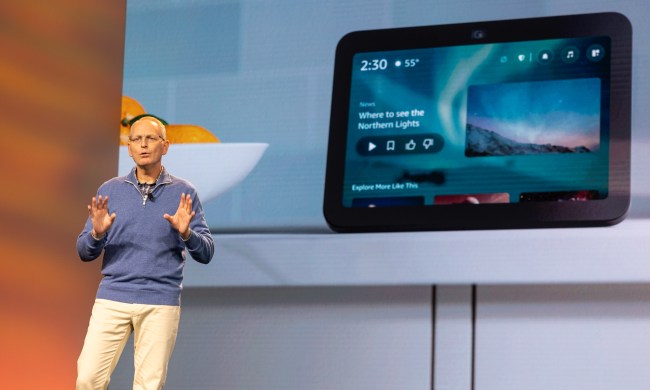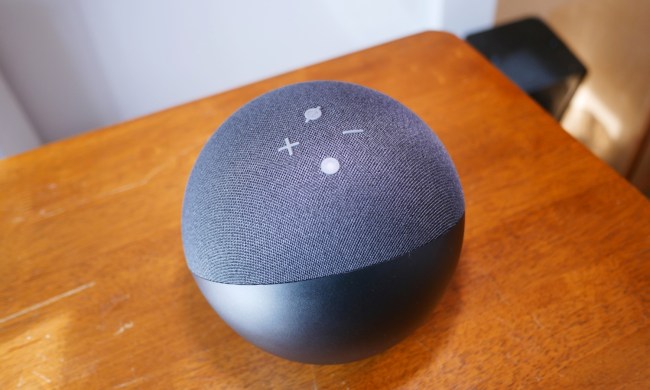
Amazon responded to the CNBC report on January 3 with a statement via email that they have “no plans to add advertising to Alexa,” according to Slate.
So far, ads and promotions on Echo and related devices have been restricted to the third-party skills. Streaming music services have ads between songs, or when you get a daily news roundup. If you order a pizza, Alexa may tell you what promotions are currently available. Other than these rare occasions, Amazon doesn’t allow any advertising at all.
If implemented, the marketing would involve inobtrusive product placement via targeted suggestions, like promoted search results on websites. With Alexa’s voice output, however, these top-line search results could be more effective, as consumers have gotten savvier and often simply scroll past the promoted results on a Google search.
Another approach would utilize the user’s history to suggest specific products. For instance, a consumer who recently purchased a particular brand of toothpaste may get a suggestion to try the mouthwash from the same manufacturer.
The smart speaker market is a new frontier for advertisers, and it will be a dominant household presence in years to come. Business Insider projects that Amazon will sell more than 70 million smart speakers by 2025. One thing that won’t happen is unprompted or irrelevant ads blaring from the speaker without interaction, as Amazon knows that emulating cable TV or terrestrial radio would just alienate its growing consumer base
Amazon is a dominant force and currently enjoys a 71 percent share of the smart speaker market, and brands will have to devise new ways to showcase their products in the non-visual interactive medium.
Doug Rozen of the media agency OMD told CNBC that advertisers will be walking a fine line between informative and intrusive. “We have to come up with the right monetization opportunity,” he said. “But it can’t get in the way of what we are trying to use these devices for.”


